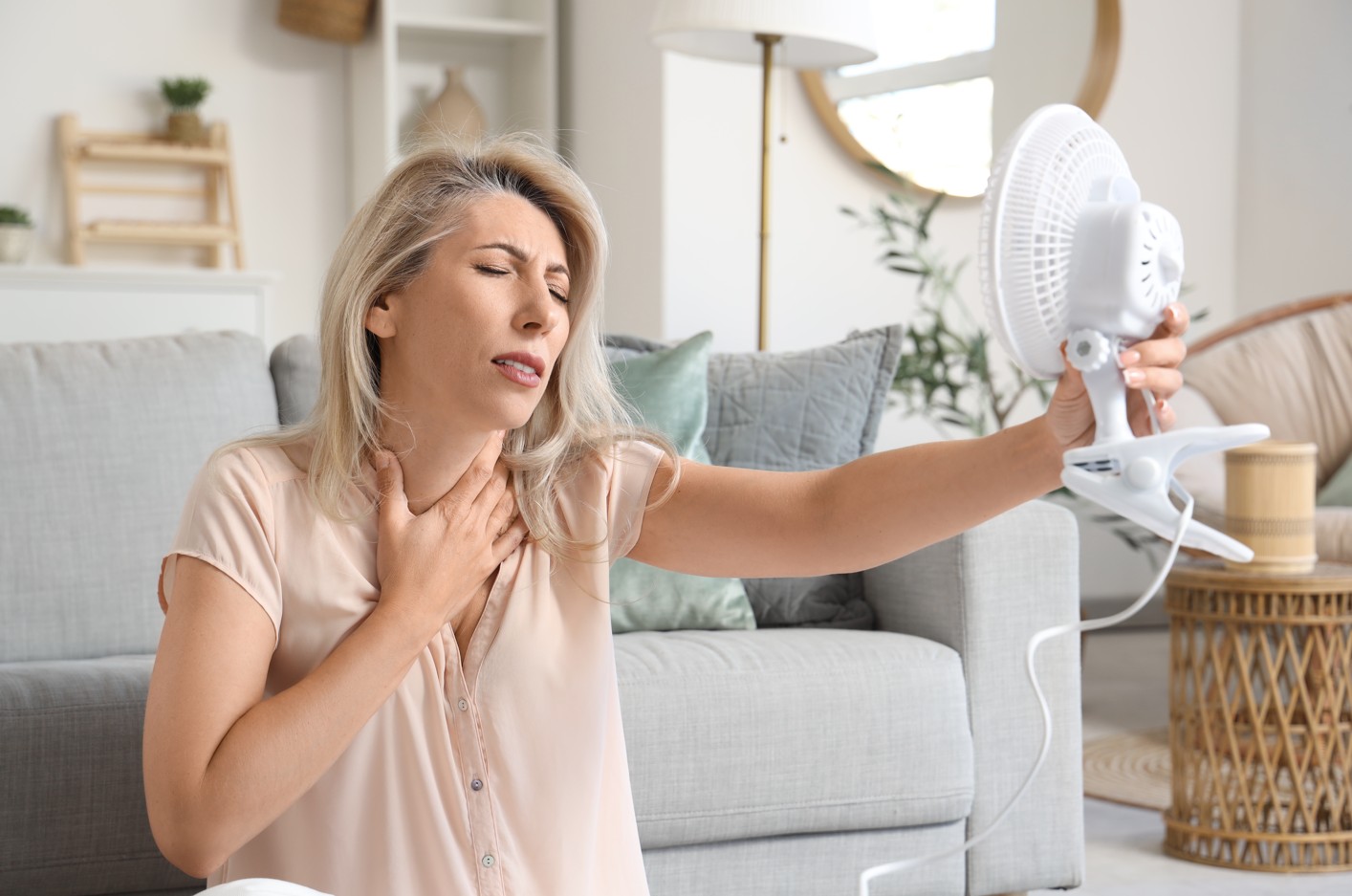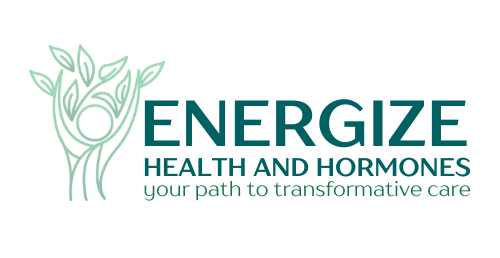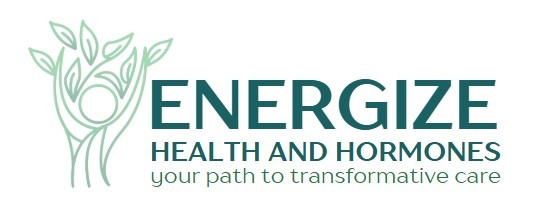
Finding Relief from Hot Flashes and Night Sweats
Understanding Vasomotor Symptoms
Hot flashes and night sweats—collectively known as vasomotor symptoms—are a common and often frustrating part of menopause. These symptoms arise due to hormonal changes, particularly fluctuations in estrogen levels, which affect the body’s ability to regulate temperature. They affect up to 80% of menopausal women, lasting an average of 7 to 10 years, though some women may experience them for shorter or longer periods.
What Do Hot Flashes and Night Sweats Feel Like?
A hot flash is a sudden, intense sensation of heat in the upper body, especially the face, neck, and chest. It typically lasts between one and five minutes and may be accompanied by sweating, chills, anxiety, or a rapid heartbeat. When hot flashes occur at night, they are called night sweats and can lead to disrupted sleep, fatigue, and irritability. While some women experience mild hot flashes that are manageable, others find them severe enough to interfere with daily life.
Who Is at Risk?
Certain factors increase the likelihood of experiencing hot flashes. Higher levels of abdominal fat have been linked to an increased risk, particularly in younger women or those in the early stages of menopause. Smoking—both past and present—also raises the risk. Women who undergo surgical menopause, such as ovary removal, often experience more frequent and intense hot flashes due to the abrupt loss of estrogen.
Lifestyle Strategies for Managing Hot Flashes
Managing hot flashes often starts with lifestyle changes. If symptoms persist, hormone therapy or nonhormonal medications may be considered. Simple strategies like maintaining a healthy weight, avoiding alcohol and caffeine, and dressing in layers that can be easily removed can help. Lowering bedroom temperature, using fans, and drinking small amounts of cold water before bed may provide relief from night sweats. Relaxation techniques, such as mindfulness, paced breathing, and meditation, can also help by reducing stress-related hot flashes.
Medical Treatment Options
For women needing additional support, prescription treatments are available. Hormone therapy remains the most effective option, particularly when started early in menopause. Estrogen therapy is available in various forms, including pills, patches, gels, sprays, and vaginal rings. Nonhormonal medications, such as low-dose paroxetine (a selective serotonin-reuptake inhibitor) and fezolinetant (a neurokinin B antagonist), have been approved by the FDA to reduce hot flashes. Other medications, like gabapentin and certain antidepressants, have shown benefits when used off-label.
Take Control of Your Menopause Journey
If you’re struggling with hot flashes or night sweats, know that help is available. Dr. Heidi Queen, MD, specializes in menopause care and can guide you toward effective solutions tailored to your needs. Book a consultation today to explore your options and take the first step toward feeling like yourself again.
STAY IN THE LOOP


